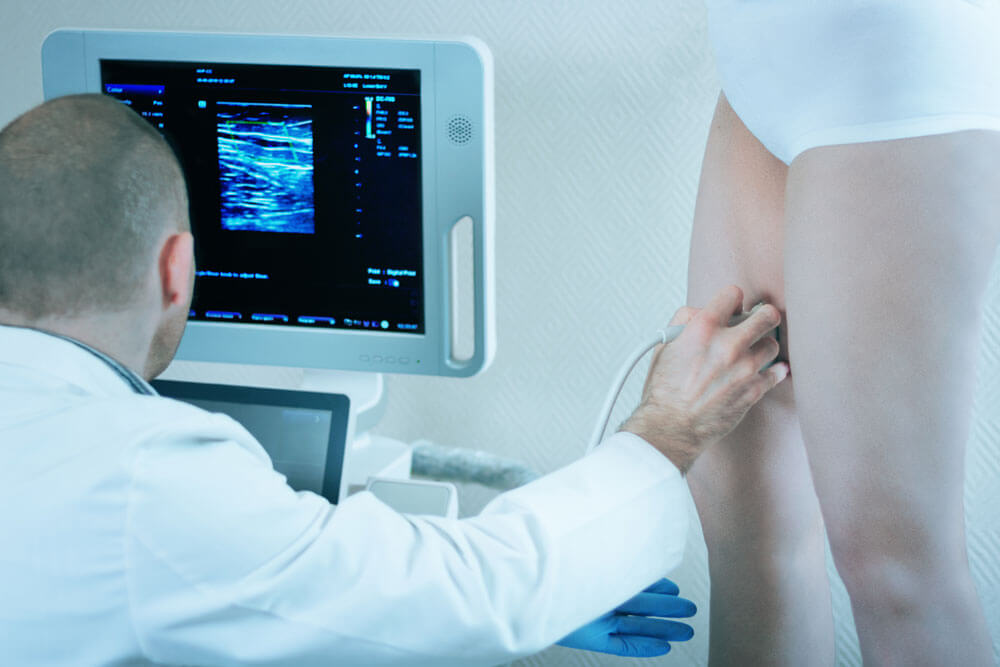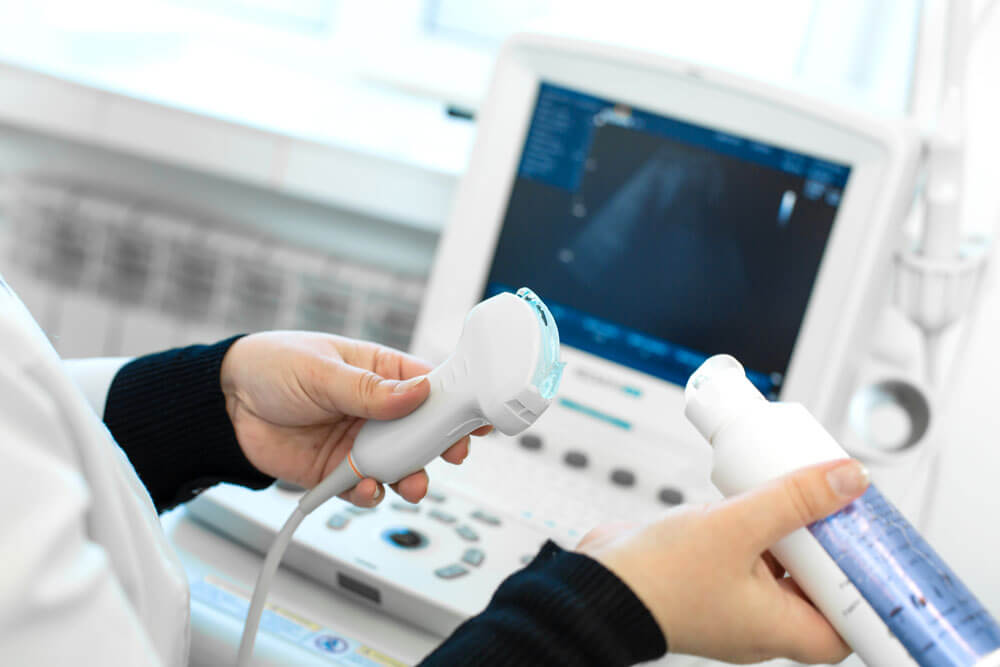



If we believe there is a concern, we can perform a venous Doppler test for blood clots here in our Southfield office.
A venous Doppler ultrasound test uses high-frequency sound waves to measure the amount of blood flow through your arteries and veins, usually those that supply blood to your arms and legs.
You may need a venous Doppler test for blood clots if you show signs of decreased blood flow in your legs, arms, or neck. This reduced blood flow may be due to a blockage in an artery or a blood clot inside a blood vessel.
The Doppler ultrasound test can show how much blood is currently flowing through your arteries and veins.
What Happens During a Venous Doppler Test for Blood Clots
If you are scheduled to have a Doppler ultrasound test in our Southfield office, you should avoid smoking for several hours before the test, as smoking can narrow your arteries.
Named after the physicist who developed it, a Doppler ultrasound is a non-invasive, painless procedure that does not involve radiation.
During the approximately hour-long test, you will need to remove clothing from the area to be studied. A handheld device called a transducer will then be used to direct high-frequency sound waves into the applicable arteries or veins. The sound waves “echo” off your blood vessels, and images are created as the transducer is pressed against the different areas of your skin.
Call to schedule an appointment today

Results of the Ultrasound Test
After the Venous Doppler test for blood clots, the doctor will analyze the results and provide you with further recommendations.
If a blood clot is found, it is considered a medical emergency in most cases. It should be addressed immediately, as a blood clot could break off and move to other parts of your body.
If you would like more information about a venous Doppler test for blood clots, have questions about blood clots, or wish to make an appointment to see one of our internal medicine doctors in Southfield, call our office or send a message to our doctors’ office through our website.